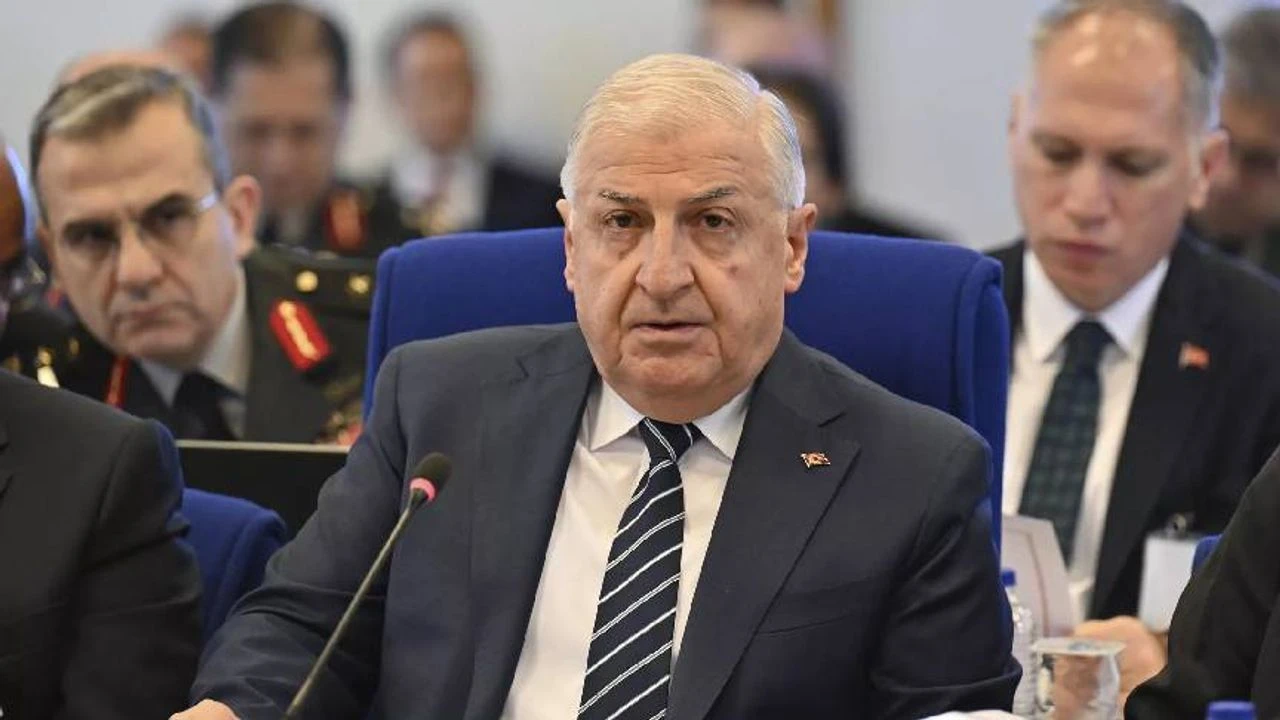The Republic of Cyprus is “undermining stability under the guise of humanitarian aid” in the Middle East, Turkish Defence Minister Yasar Guler said on Thursday.
Speaking as his ministry brings to an end a week of naval exercises in the eastern Mediterranean, the Aegean and the Black Sea, he also said the Republic’s recent efforts to bolster its defence capabilities are “aimed at disrupting the balance of power on the island”.
For this reason, he said, his ministry “is continuing to take all the necessary measures against them”.
He added that he is “aware of the negative attitudes displayed by the Greek Cypriots and the approach of some allies who have encouraged them”, and said that “this situation is in no way compatible with the spirit of the alliance.
“As we have always stated, Cyprus is a national issue for us. In this context, we will continue to support the Turkish Cypriots’ legitimate interest under all circumstances and do our best to work towards peace, security and prosperity on the island in line with our agreements,” he said.
The Republic has been sending humanitarian aid to Gaza via the Amalthea aid corridor since March last year, though the extent to which the corridor has been a success is a subject of debate.
Meanwhile, the Republic has also turned to the west to renew its air defence systems, with a government source saying in November that they are “turning to other countries of the European Union, as well as Israel” as the Republic seeks to replace older military hardware which had been supplied by Russia.
Cyprus’ National Guard had suffered from sanctions placed on Russia in the aftermath of the country’s invasion of Ukraine in 2022.
Russia had previously been a leading supplier of military hardware to the National Guard, but Cyprus’ reorientation towards the west had already begun to have a detrimental impact on that infrastructure even before a blanket ban was placed on Russian military hardware exports two years ago.
As such, the source said, those sanctions have left Cyprus’ existing defence systems short of spare parts and mean that they cannot be upgraded, meaning that new hardware is being sought from western countries instead.






Click here to change your cookie preferences